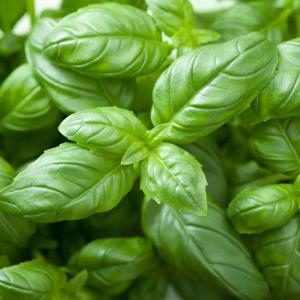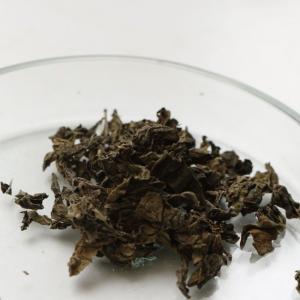
BASIL LEAF (OCIMUM BASILICUM) - PLANTS

BASE / GENERAL DATA
Information submited: February 1, 2018 Modified: May 15, 2018 By: OperaDreamhouse
Basil or Sweet Basil is a popular culinary herb botanically known as Ocimum Basilicum of the family Lamiaceae (Mint). Basil is an annual plant, which is originally from Asia before spreading to other parts of the world. Basil is a Greek word Basileus, which literally means King.
Basil is a common aromatic herb in the mint family, the same plant family as other nutrient-dense, beneficial herbs, including Mint, Oregano and Rosemary.
Basil is a common aromatic herb in the mint family, the same plant family as other nutrient-dense, beneficial herbs, including Mint, Oregano and Rosemary.

SPIRITUAL PRACTISES DATA

MEDICINE / HEALTH DATA
Information submited: February 1, 2018 By: OperaDreamhouse
Researchers reveal that Basil contains varieties of essential oils that are rich in polyphenolic and phenolic compounds such as flavonoids and anthocyanins.
One of the key benefits of Basil is the ability to help fight free radical damage while protecting DNA structure and cells. Basil contains two important water-soluble flavonoid antioxidants, known as orientin and viceninare, which help protect white blood cells responsible for immune function, as well as cellular structures where DNA is stored.
Antioxidants found in Basil keep chromosomes from becoming altered and resulting in cell mutations and cancerous cell growth.
One of the key benefits of Basil is the ability to help fight free radical damage while protecting DNA structure and cells. Basil contains two important water-soluble flavonoid antioxidants, known as orientin and viceninare, which help protect white blood cells responsible for immune function, as well as cellular structures where DNA is stored.
Antioxidants found in Basil keep chromosomes from becoming altered and resulting in cell mutations and cancerous cell growth.

BEAUTY / COSMETICS DATA

FOOD / COOKING DATA
COMMENTS
No comments.



